Many parents are considering enrolling their teenage child in a foreign secondary school for a longer or shorter period. Spending months, or even years, in an international, mother-tongue environment undoubtedly benefits students in terms of their studies, personal development, language skills and friendships.
However, choosing the right institution and a secure environment, and exploring the possibilities, can be a headache, as every country’s education system is different. In some countries, students study 15 subjects, in others six or only three. For some reason, it is easier to get into Oxford University if you are studying 3 subjects at secondary school rather than 15, which is seen as a disadvantage rather than an advantage. In some countries, schools are all about learning; students take part clubs or trainings outside of school, in other organisations. However, in England, for example, all student clubs, including music and sports, are available within the school.
Despite the huge variety of countries, schools and curricula, there are many programmes that are recognised and identical all over the world. These include the British A-level programme, the International Baccalaureate (IB), the German Abitur and the American High School Diploma.
How should we choose between the many options? What should you look out for when choosing a school? What is the difference between the school system abroad and the system here? Which school and which programme is ideal for your child? There are many questions to ask – this article aims to provide useful information to help you get started.
United Kingdom – the leader of English-speaking secondary educatio
The United Kingdom is a country famous worldwide for its boarding schools, most of which have been in existence for centuries. Today, these schools are progressive, up-to-date educational institutions with excellent infrastructure, material and technical base, state-of-the-art laboratories, strong teachers, excellent conditions for sports and extra-curricular activities. The most important task of the school is to motivate the student, to create the conditions to develop his curiosity, his desires and his capacity to learn. “We teach not for school, but for life” – the motto of English boarding schools. Lessons are only one part of the teaching and learning process. A great deal of attention is paid to extra-curricular activities, which reveal talents and abilities that are difficult to show while sitting at the school desk. These schools have dance and theatre studios, music and art studios, and unlimited sporting opportunities.
Most graduates of private boarding schools go on to study at top universities not only in the UK but also in the Netherlands, the USA and Canada. The English school curriculum is now used in many countries, including Canada, Spain and the United States.
Type of school
There are schools that are more selective (entrance tests in several subjects) and less selective; co-educational or boys’ and girls’ schools. In addition to traditional boarding schools, there are also so-called “Sixth Form Colleges” for secondary school pupils, where there is no compulsory standard curriculum and learning takes place in small classes (6-8 students), with maximum use of an individual approach. Such schools are suitable for motivated students who want to manage their own time and prefer a university-like atmosphere.
Education programme
The British system means that all students study the same subjects up to the age of 14, maximising their general knowledge of most subjects. At the age of 14, a two-year GCSE programme begins, at the end of which, at the age of 16, all students sit exams in 3-4 subjects directly related to their academic goals. For example, a student with a strong humanities background is not required to study mathematics, but can study history, literature and foreign languages in depth.
In Europe and the United States, many schools also offer the IB (International Baccalaureate) international programme, where students choose 6 subjects from a suggested block. They study 3 subjects at intermediate level and 3 subjects at advanced level. The IB includes a compulsory 4,000-word essay, voluntary work and a subject such as Theory of Knowledge. Universities around the world value the IB programme and recognise this qualification.
Choosing to study abroad is not easy; it is a very responsible step. However, the experience abroad can benefit your child in every way, so it is worth finding out more about the options. Here at home, the Baltic Council for International Education’s experienced advisers will be happy to help you choose the right institution and secondary school programme, and you will also have the opportunity to meet representatives from a number of schools abroad at the free Education Abroad Fair on 25 March (Crowne Plaza Hotel Budapest).
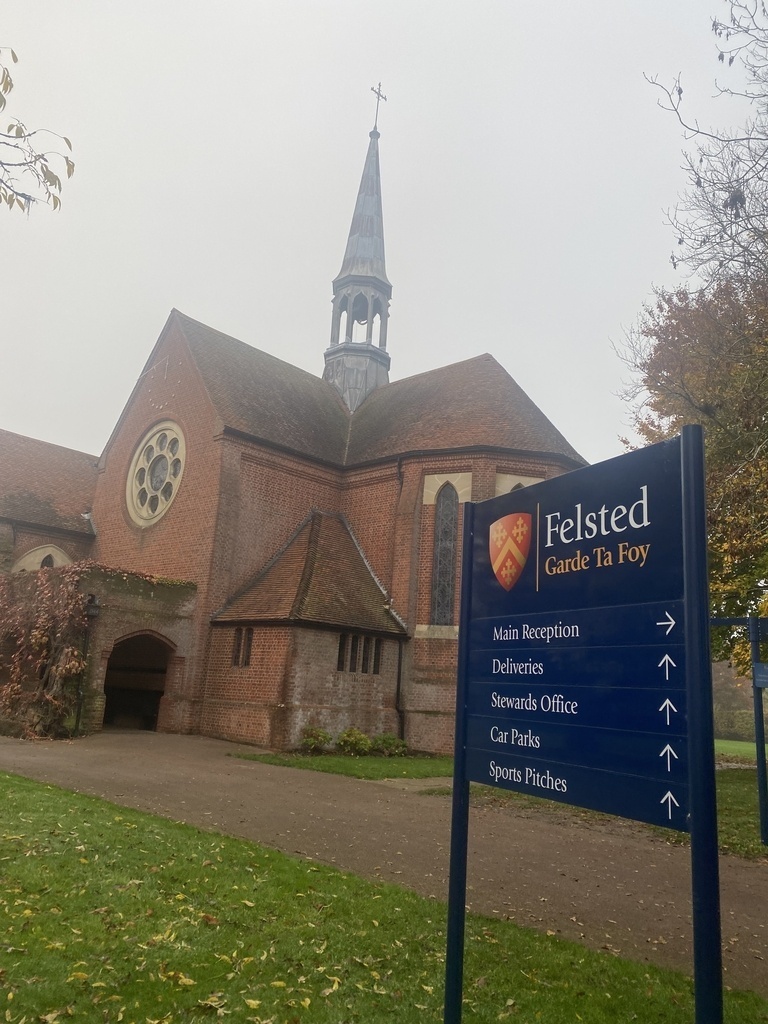
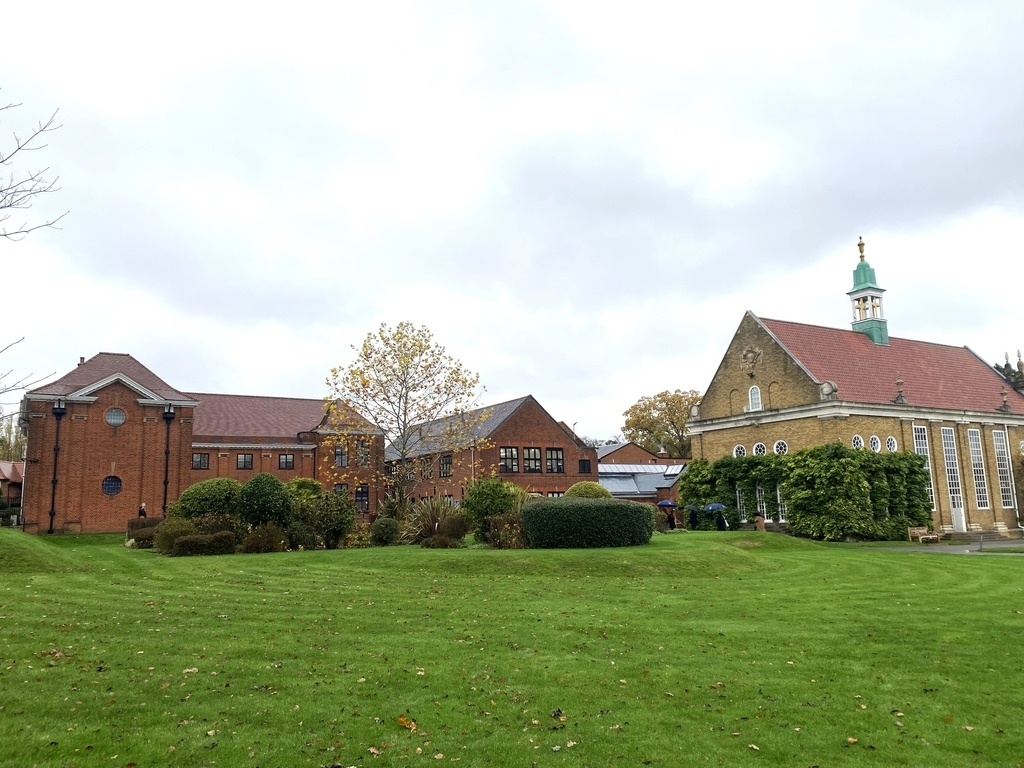
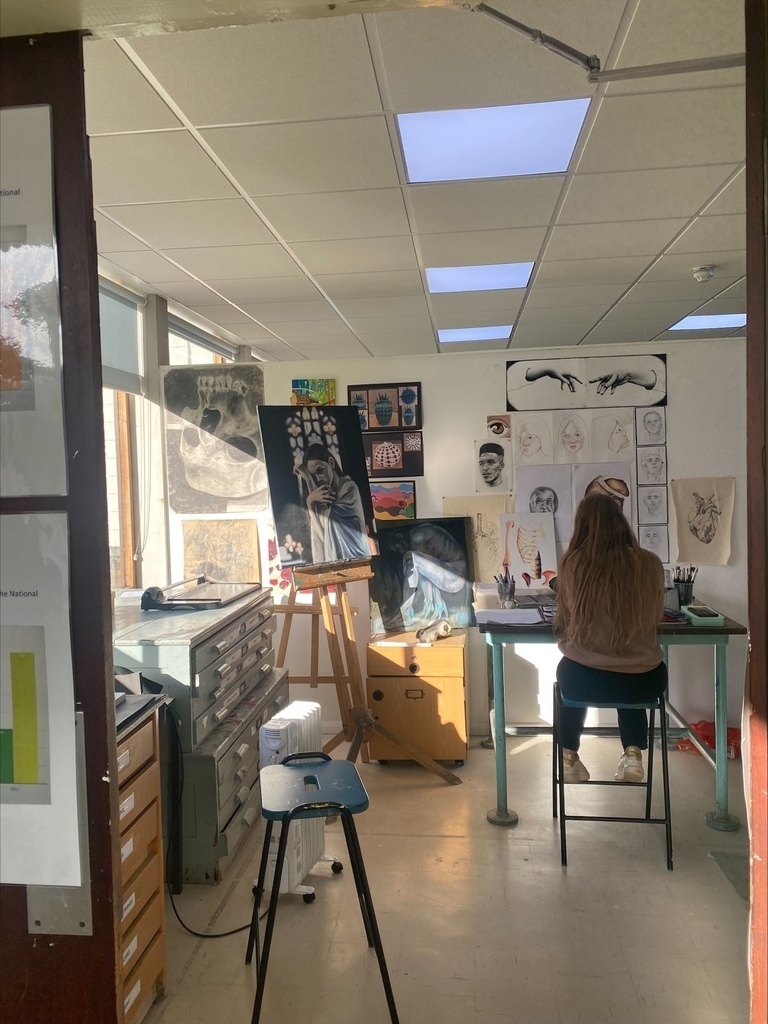
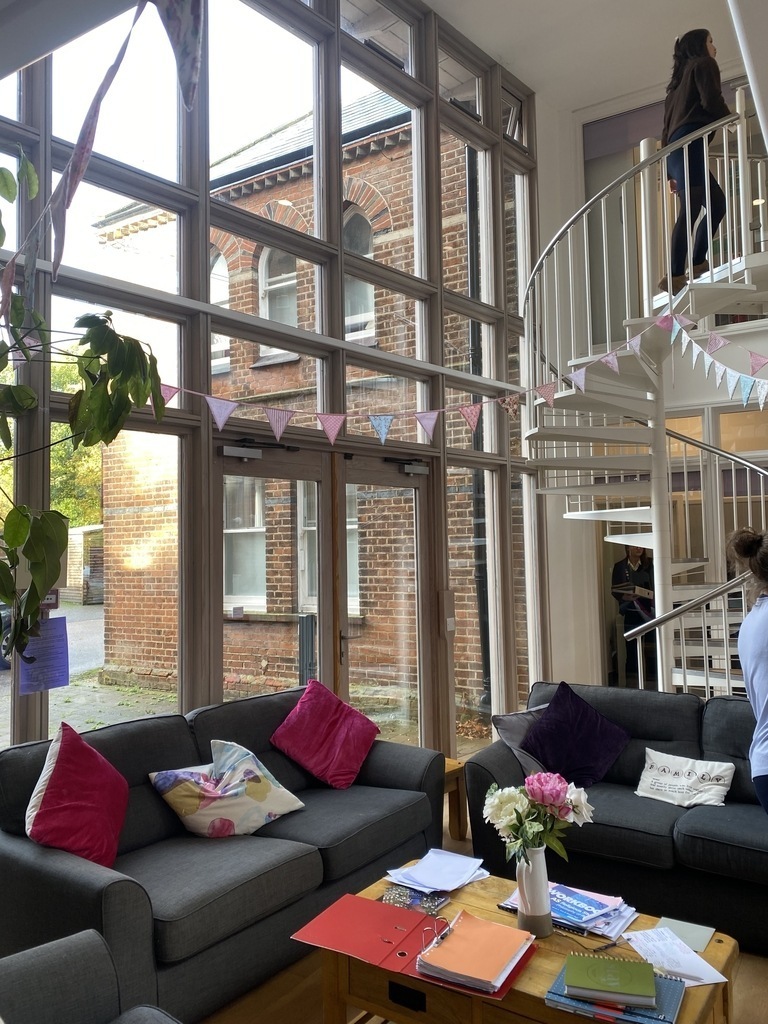
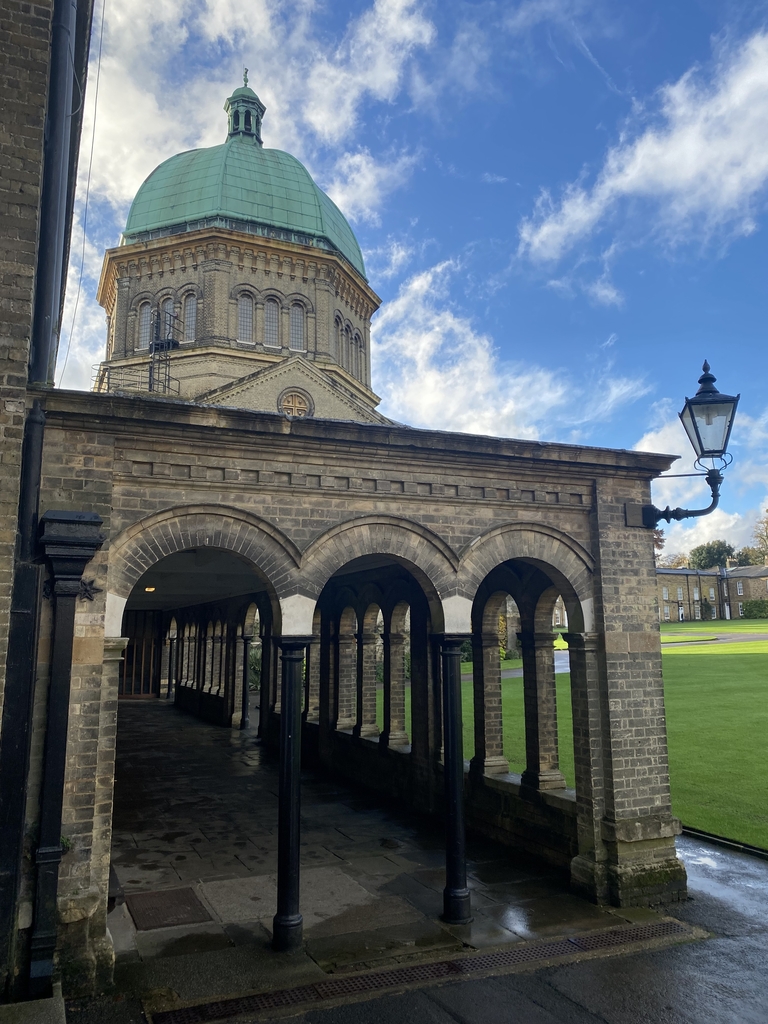
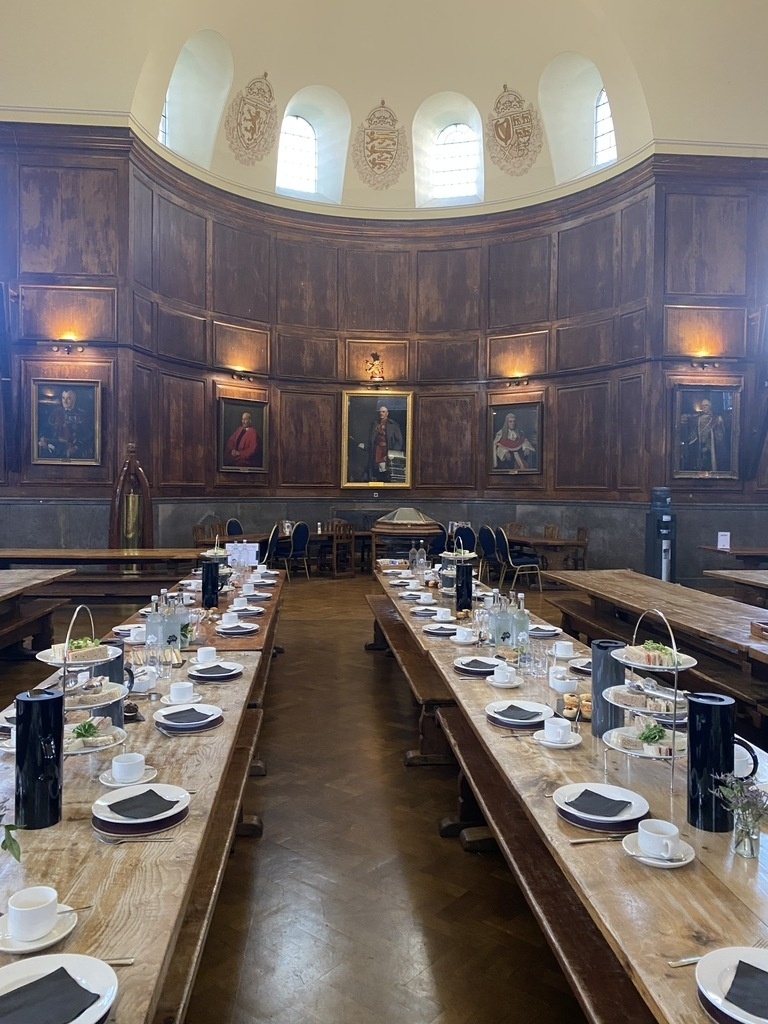
It’s not the case that Oxford or other English Universities only value a high school education of 3 subjects, it’s because a broad range of subjects of 10 or more is studied and exams completed at 16, not 18 in England. Good grades in all these subjects will still be expected to gain entry to a good university. The 3 subjects you are referring to are advanced subjects, studied from 16 to 18. Proving a student can handle in depth, advanced learning of singular subjects, as you’d have to do at university.